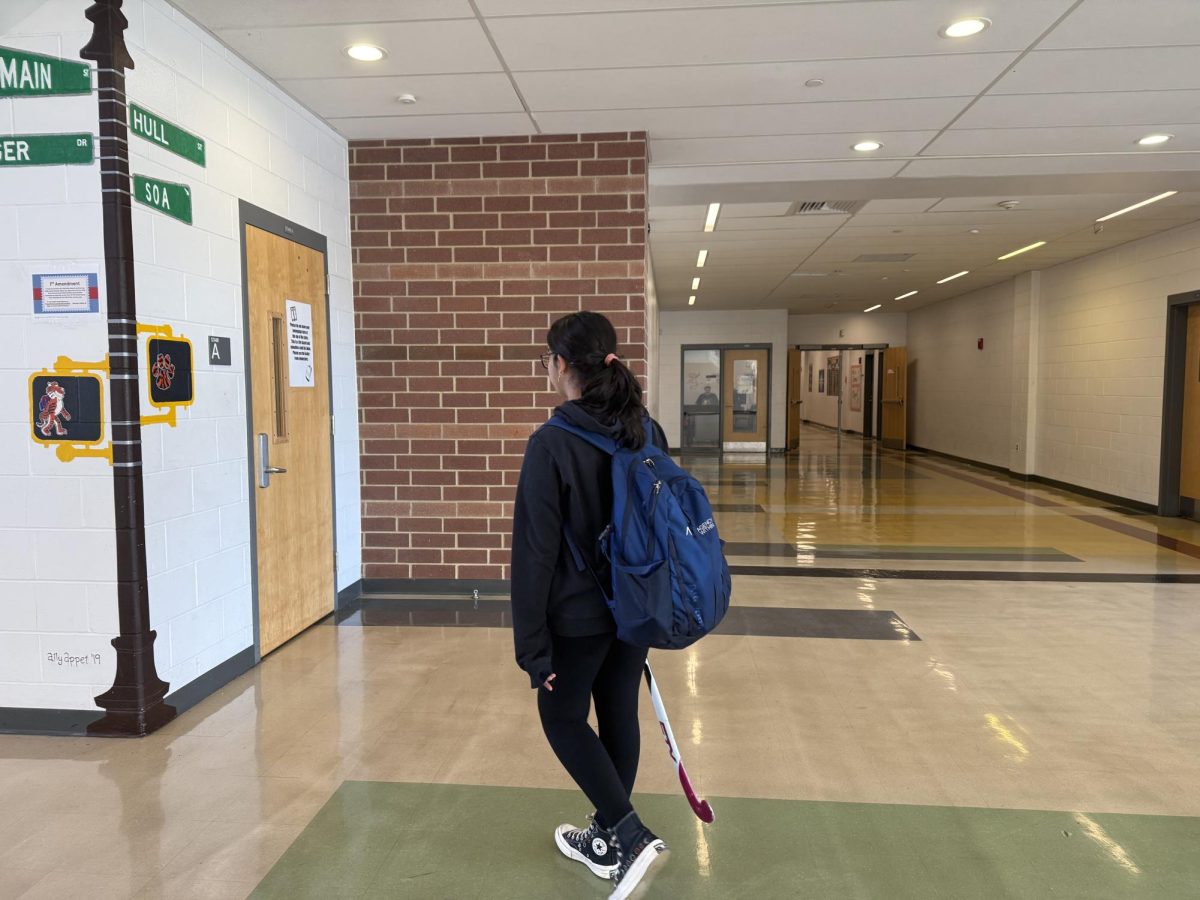Now in its seventh year, North’s Transitioning Together program is recruiting students for college program even as the school faces criticism for not supporting lower-income students.
In November, the Globe published an article claiming public schools, such as North, don’t offer enough support and guidance to lower-income students about the financial aspect of college.
One of North’s ways to support lower-income sources, however, is through Transitioning Together, a program which was designed to help students whose parents didn’t attain a degree in the United States. The program’s goal is to bridge the gap in college acceptance between lower-income students and the rest of the school.
“North had never been over 90 percent in post-secondary education before Transitioning Together started, and since it started we have been over 90 percent every year, with our highest of 93 percent being last year.” Said college counselor Melissa Hannenberg, she also added that the program has been successful since its founding.
Hannenberg also talked about two of the students featured in the article, who had a negative experience in college due to financials.
“The article that the Boston Globe published was about students, who, when they were at North, didn’t have Transitioning Together because it wasn’t a thing yet. So had they’d been at North now, they could have had access to Transitioning Together, which would have given them the help and support they need,” said Hannenberg.
Hannenberg said that the biggest problem Transitioning Together faces is the financial obstacles students face while applying to college.
“Financial resources are often a problem,” said Hannenberg. According to Hannenberg, Transitioning Together helps students overcome financial hurdles by looking at ways to reduce costs, as well as applying for grants and scholarshups. “We definitely help our students with financials. We have them come, and make sense of the options that they have.”
Since the start of the program, post-secondary education rates at North have been at an all time high, according to Hannenberg,
“Back in 2013, there was a five percent gap in college enrollment between black and white students, while there was a 9.6 percent gap between students who have low income and non-low income,” she said.
“We are proud to say that 100 percent of the students in Transitioning Together have been accepted into college,” said Hannenberg.
The program aims to help students in the college process by assigning a mentor to work one-on-one with them.
“I would be lost without it,” said senior Nathan Dorval, a member of Transitioning Together. “I’m not always aware about what’s going on, especially as a senior. I don’t always have the support system, so they were able to provide me with a bunch of resources. They gave me my mentor, who takes me to colleges, who makes sure I’m on top of all my applications, and without all that I wouldn’t be able to thrive.”
Dorval also talked about how the program helped him through the college application process.
“We have monthly meetings where they feed us and we go through how to complete FAFSA and the Common App and make sure you’re on top of everything,” said Dorval.
According to principal Henry Turner, who served as a mentor for Transitioning Together last year, mentors check in with the student on a regular basis throughout their time at North.











































